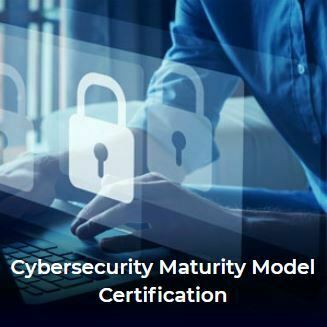Starting out a new venture but not sure about collaborations? The U.S. mandates laws on certain companies that are denied from collaborating with traders and manufacturers. This is a high-profile list of mandates that can only be accessible by being a part of the national and global watchlists. Service providers that offer customer screening run several other screenings that ensure to protect your venture name from being tagged as non-compliant. Wish to know more on such screening? Keep reading to unlock important facts about screening.
One of the most vital types of screenings that every venture must invest their time and energy in is the Denied Party Screening. The US federal and state governments have put up certain rules and regulations for all kinds of ventures that are deemed as mandatory. Any venture that fails to comply with those laws is outlawed. That venture can suffer from several criminal fines and punishments. The punishments could range from having to fill in penalties in cash or completely being denied all rights to operate as a business. A service provider that offers screening on denied parties will essentially investigate these mandates and make sure you are always updated on the rules and regulations.
It is important that businesses take full advantage of Restricted Party Screening. Not being compliant in such laws will make a bad name for your venture. Expanding your business globally would be extremely tough or next to impossible. Business communities are extremely nuclear. Every work spread like wildfire. No business would want to collaborate with you if you end up in the restricted part list.
You must ask your service provider to run bulk screening of traders and partners. You should be handed over updated lists of federal watch lists regularly. Your needs should be their foremost priority. For more such details, feel free to read about related topics online.






